Projects
Explore some of the key initiatives we have undertaken to make a positive impact.
SAMTA- Gender Sensitization:
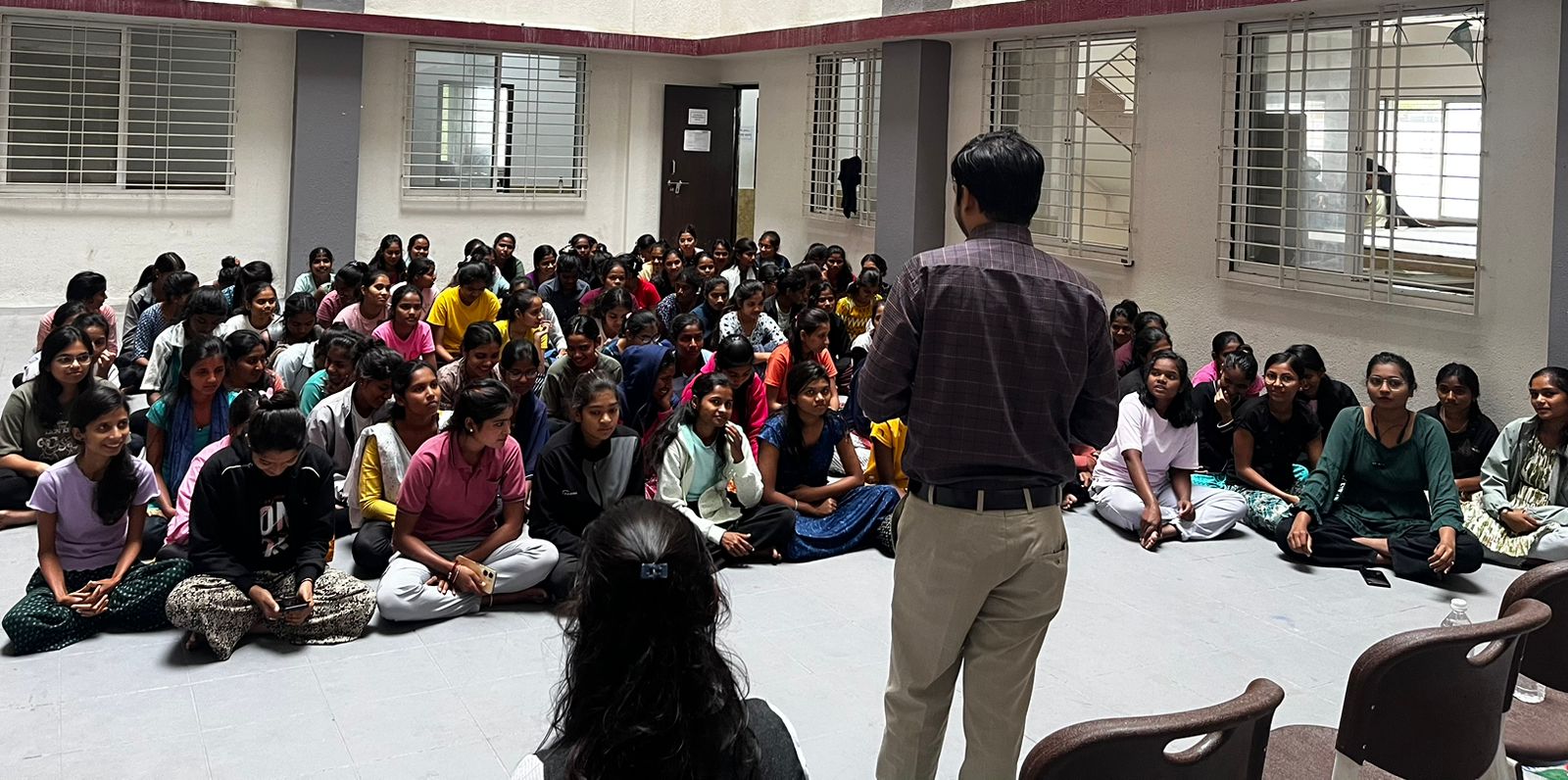
Objectives:
- Enhance Awareness: Inform participants regarding gender roles, stereotypes, and the significance of gender equality.
- Increase Empathy: Promote knowledge of the experiences and obstacles encountered by various genders.
- Advocate for Inclusive Practices: Support equal practices in workplaces, educational institutions, and communities.
- Empower Women and Marginalized Groups: Provide resources and assistance to strengthen the empowerment of women and marginalized genders.
Activities:
- Workshops and Training Sessions: Conduct interactive sessions that cover topics such as gender equality, power dynamics, and consent. Use role-playing, discussions, and case studies to facilitate learning.
- Awareness Campaigns: Launch campaigns through social media, posters, and community events to spread awareness about gender issues. Feature stories and testimonials to highlight real-life experiences.
- Resource Development: Create educational materials, toolkits, and guides on gender sensitization for different audiences. Distribute resources to schools, organizations, and community centers.
- Community Dialogues: Organize open forums and dialogues where community members can discuss gender issues, share experiences, and propose solutions. Facilitate discussions with local leaders to advocate for policy changes.
- Capacity Building: Train educators, community leaders, and HR professionals on gender sensitivity and inclusive practices.
- Evaluation and Feedback: Collect feedback through surveys and interviews to assess the impact of the project. Measure changes in attitudes and behaviors regarding gender sensitivity.
UDAAN- Career Guidance and Counseling:
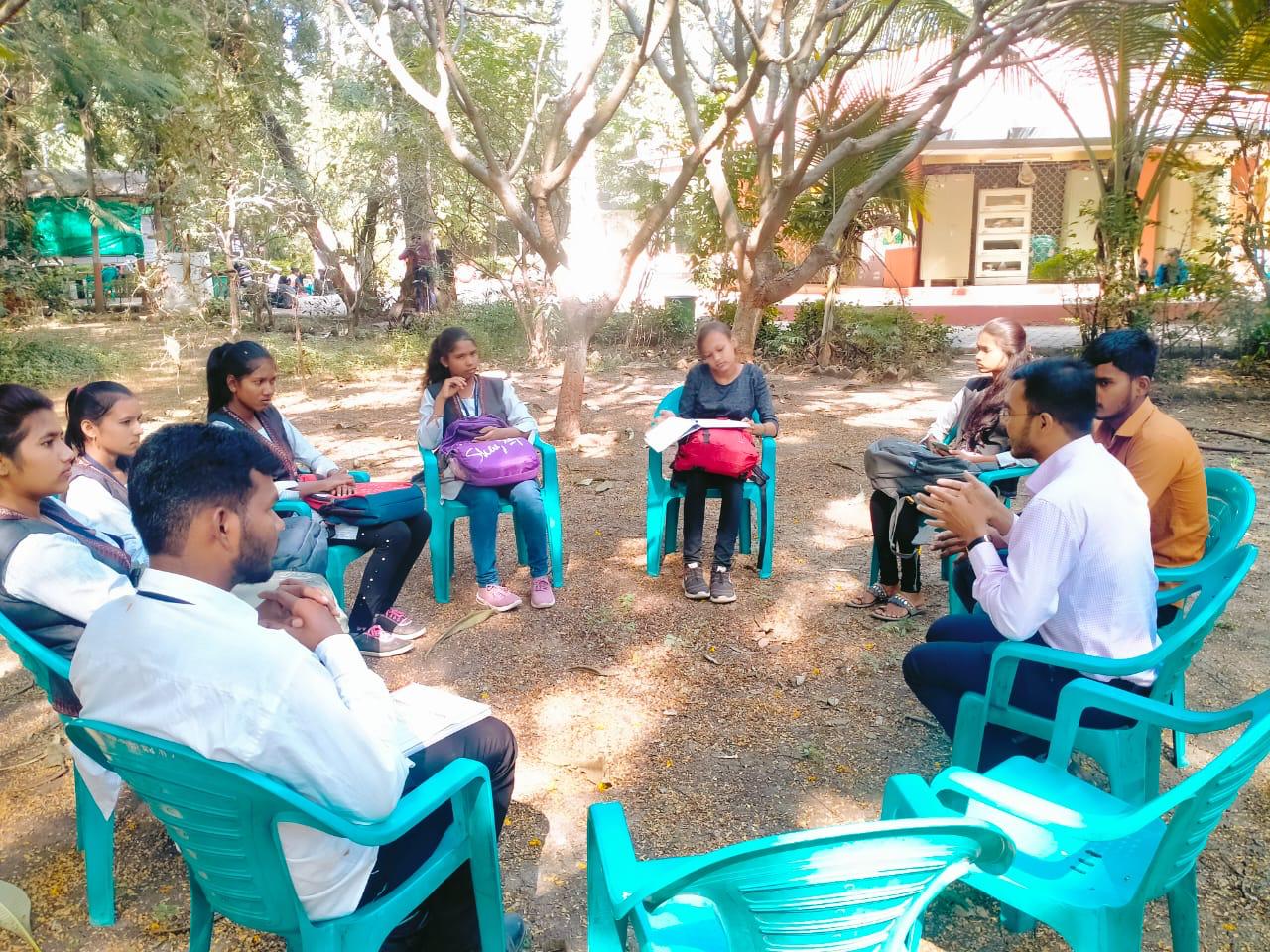
Objectives:
- Enhance Career Awareness: Provide students and young adults with information about various career options after 12th and higher education.
- Develop Skills: Equip participants with essential skills such as resume writing, interview techniques, and strategies.
- Promote Informed Decision-Making: Help individuals make informed career choices based on their interests, strengths, and market demands.
- Support Personal Development: Foster self-awareness and personal growth to help participants identify and pursue their career goals.
Activities:
- Workshops and Seminars: Conduct interactive sessions on career exploration, labor market trends, and personal branding. Invite guest speakers from various industries to share their experiences and insights.
- Individual Counseling Sessions: Offer one-on-one counseling to assess individual interests, skills, and career aspirations. Provide personalized guidance on education and training pathways.
- Skill Development Programs: Organize workshops on resume writing, interview preparation, and effective communication. Provide training on soft skills like teamwork, problem-solving, and adaptability.
- Online Resources and Tools: Develop an online platform with career resources, including articles, videos, and assessment tools. Create a database of internships, job openings, and training opportunities.
- Follow-Up and Evaluation: Implement a follow-up system to track participants’ progress and gather feedback on the effectiveness of the program. Measure outcomes such as job placements, skill improvement, and participant satisfaction.
Expected Outcomes:
- Increased Awareness: Greater understanding of diverse career options among participants.
- Improved Skills: Enhanced abilities and confidence in job search and application processes.
- Informed Decision-Making: Better decision-making regarding educational and career pathways.
- Mentorship Connections: Strengthened relationships between youth and potential mentors.
AROGYA- Health and Hygiene Awareness
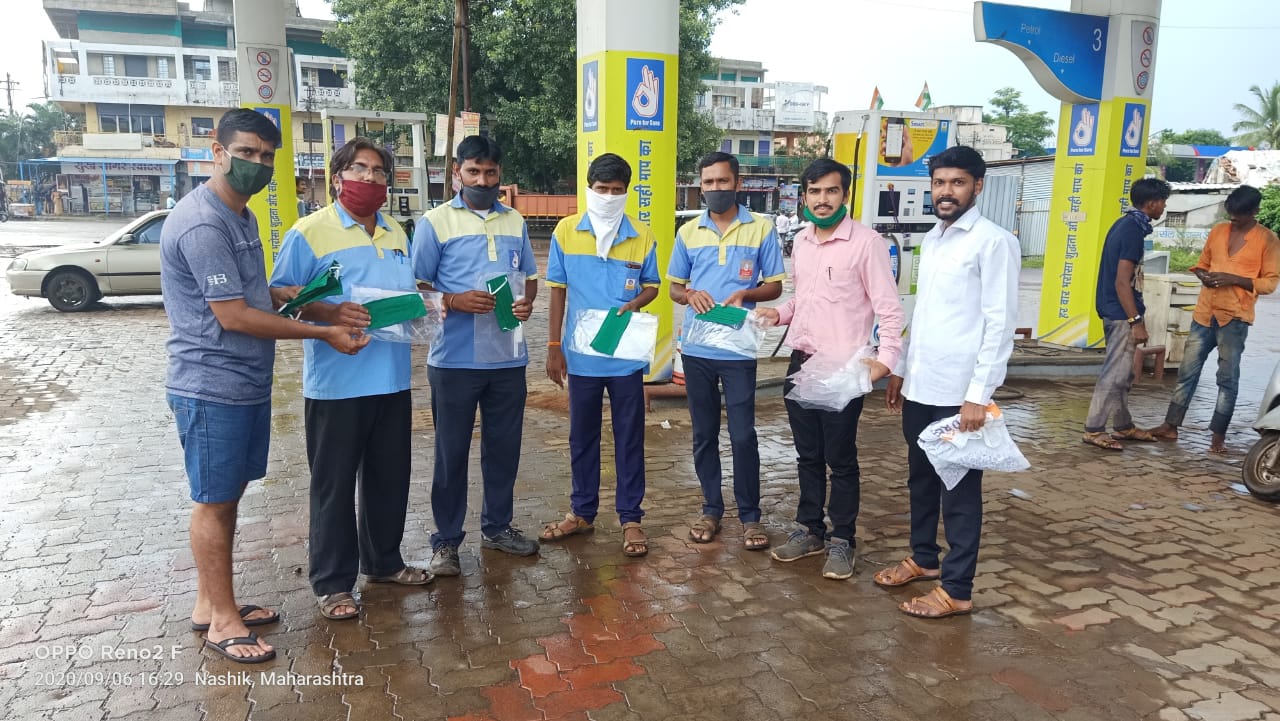
Objectives:
- Increase Awareness: Educate community members about essential health and hygiene practices to prevent diseases.
- Promote Healthy Behaviors: Encourage the adoption of healthy habits related to nutrition, sanitation, and personal hygiene.
- Reduce Health Risks: Minimize the incidence of preventable diseases through proactive health education.
- Empower Communities: Enable individuals to take charge of their health and hygiene practices for improved well-being.
Activities:
- Workshops and Training Sessions: Conduct interactive workshops focusing on topics such as hand washing, oral hygiene, nutrition, and sanitation. Utilize demonstrations and role-playing to engage participants effectively.
- Awareness Campaigns: Launch campaigns using posters, flyers, and social media to disseminate information on health and hygiene. Organize health fairs or community events to reach a wider audience.
Expected Outcomes:
- Increased knowledge of health and hygiene practices among community members.
- Improved health indicators, such as reduced instances of waterborne diseases and infections.
- Greater community engagement in health-promoting activities.
- Enhanced collaboration between community members and health professionals.
UJWAL BHAVISHYA- Education to all
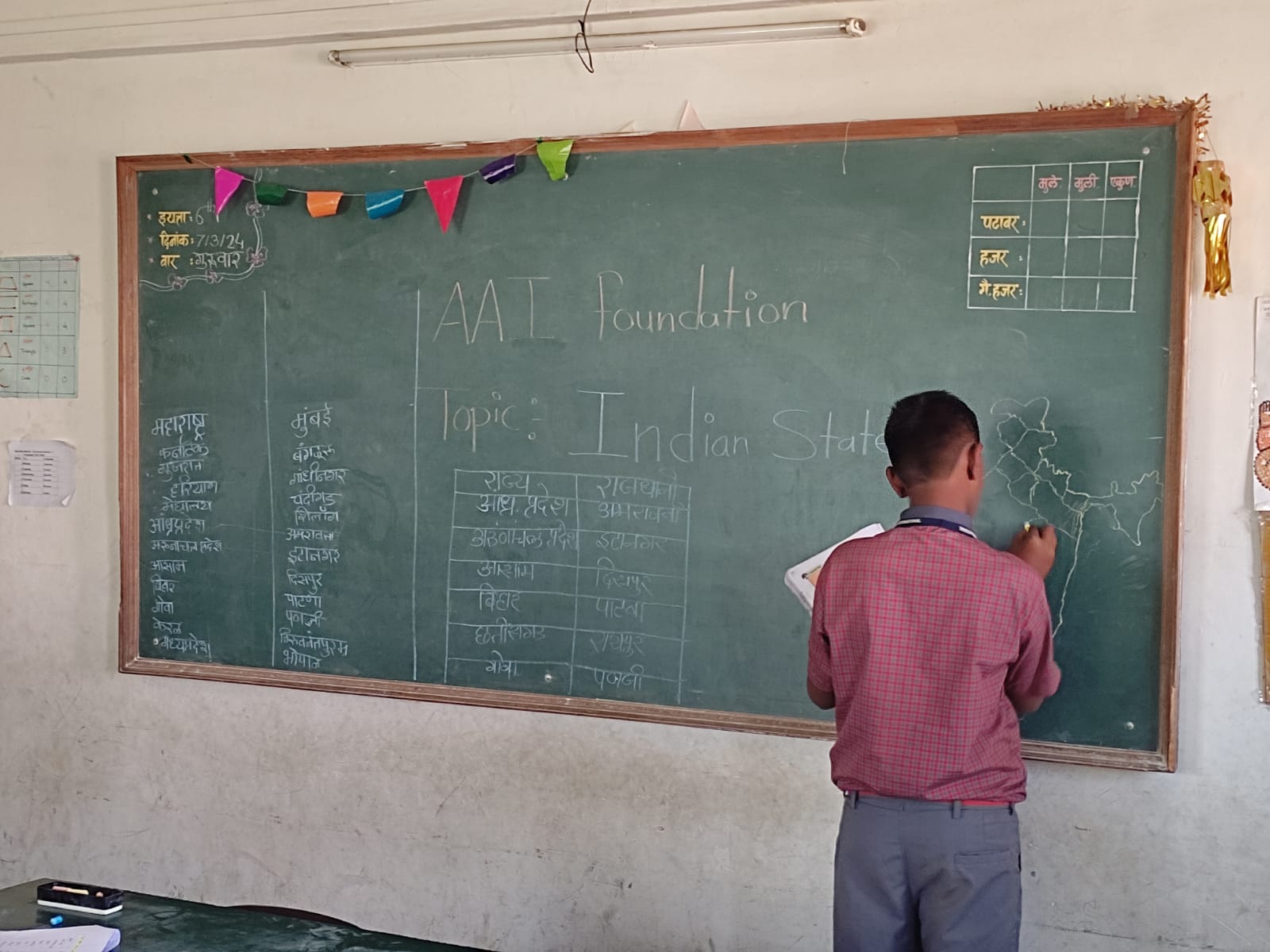
Objectives:
- Identify and Engage: Identify out-of-school children and engage them through tailored programs.
- Provide Alternative Education: Offer educational opportunities that meet the needs of out-of-school children.
- Promote Life Skills: Equip children with essential life skills, including health, hygiene, and vocational training.
- Enhance Community Support: Foster community involvement and support for the education and well-being of out-of-school children.
Activities:
- Community Assessment: Conduct surveys and focus groups to identify the number of out-of-school children and understand their barriers to education.
- Alternative Learning Centers: Establish community-based learning centers that offer informal education programs, focusing on literacy, numeracy, and basic skills. Use engaging and interactive teaching methods to cater to different learning styles.
- Life Skills Workshops: Organize workshops on life skills, including health education, personal hygiene, financial literacy, and conflict resolution. Involve local professionals to lead sessions and provide mentorship.
- Parental Involvement Programs: Conduct workshops for parents to raise awareness about the importance of education and support their children's learning. Offer resources and strategies for parents to encourage their children's education at home.
- Health and Nutrition Programs: Provide information on health, nutrition, and hygiene practices to improve the overall well-being of children.
- Community Awareness Campaigns: Launch campaigns to raise awareness about the importance of educating all children and the consequences of leaving children out of school. Use social media, local events, and community meetings to engage the public.
- Partnerships with Local Organizations: Collaborate with NGOs, schools, and community organizations to leverage resources and expertise. Work together to create pathways for children to transition back into formal education when possible.
- Monitoring and Evaluation: Develop a system to track the progress of participants, including attendance, skill development, and feedback from families. Regularly evaluate the effectiveness of the programs and make necessary adjustments.
Expected Outcomes:
- Increased enrollment and retention of out-of-school children in education programs.
- Improved literacy and numeracy skills among participants.
- Enhanced life skills and personal development for children.
- Greater community support for the education of all children, leading to long-term changes in attitudes toward education.
PARYAWARAN- Environment Awareness and Tree Plantation:
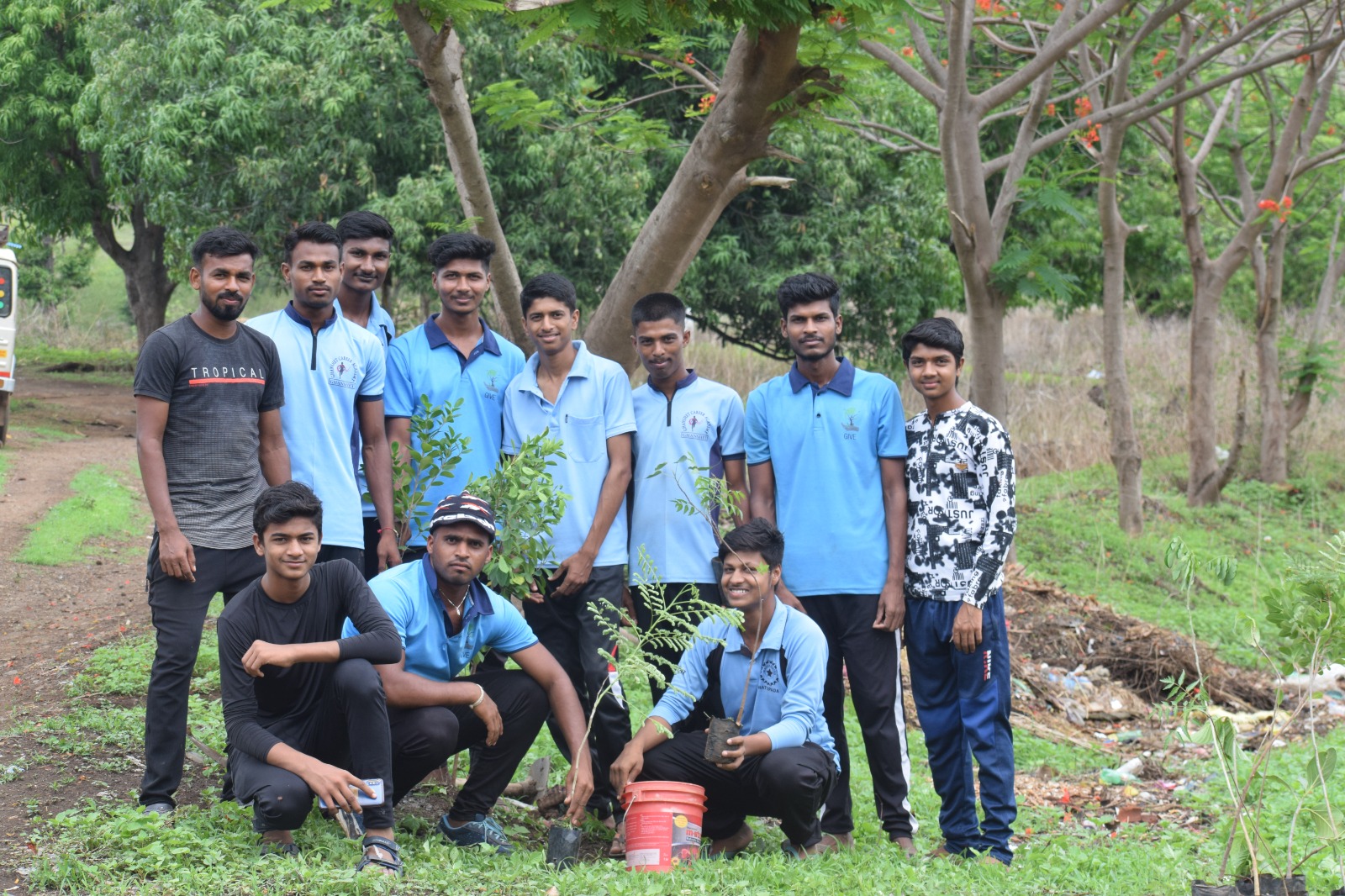
Objectives:
- Enhance Green Cover: Increase tree cover in the community to combat climate change and improve air quality.
- Raise Environmental Awareness: Educate the community about the importance of trees and environmental conservation.
- Promote Biodiversity: Encourage the planting of native species to support local wildlife and ecosystems.
- Foster Community Engagement: Involve community members in environmental activities to build a sense of ownership and responsibility.
Activities:
- Community Assessment: Conduct a survey to identify areas in need of greening and potential sites for tree plantation.
- Tree Plantation Drives: Organize tree planting events in public spaces, schools, and community areas. Engage volunteers from the community to participate in planting and caring for trees.
- Workshops and Training Sessions: Offer workshops on the importance of trees, sustainable practices, and proper tree care techniques. Include sessions on composting, waste management, and organic gardening.
- School Programs: Implement educational programs in schools focusing on environmental awareness, tree planting, and conservation efforts. Create student-led initiatives for tree care and maintenance.
- Adopt-a-Tree Program: Encourage community members to adopt trees they plant, promoting responsibility for their care. Provide guidance on how to nurture and maintain the trees.
- Awareness Campaigns: Launch campaigns using social media, posters, and community events to raise awareness about environmental issues and the benefits of trees.
- Monitoring and Maintenance: Establish a plan for monitoring the health and growth of planted trees. Organize regular community meet-ups for maintenance and care of the trees.
- Partnerships and Sponsorships: Collaborate with local businesses, government bodies, and NGOs for support, resources, and funding. Seek sponsorships for materials like saplings, tools, and educational materials.
Expected Outcomes:
- Increased tree cover and improved local biodiversity.
- Enhanced community knowledge and awareness of environmental issues.
- Strengthened community ties through collaborative efforts.
- Long-term commitment to environmental stewardship and sustainability.